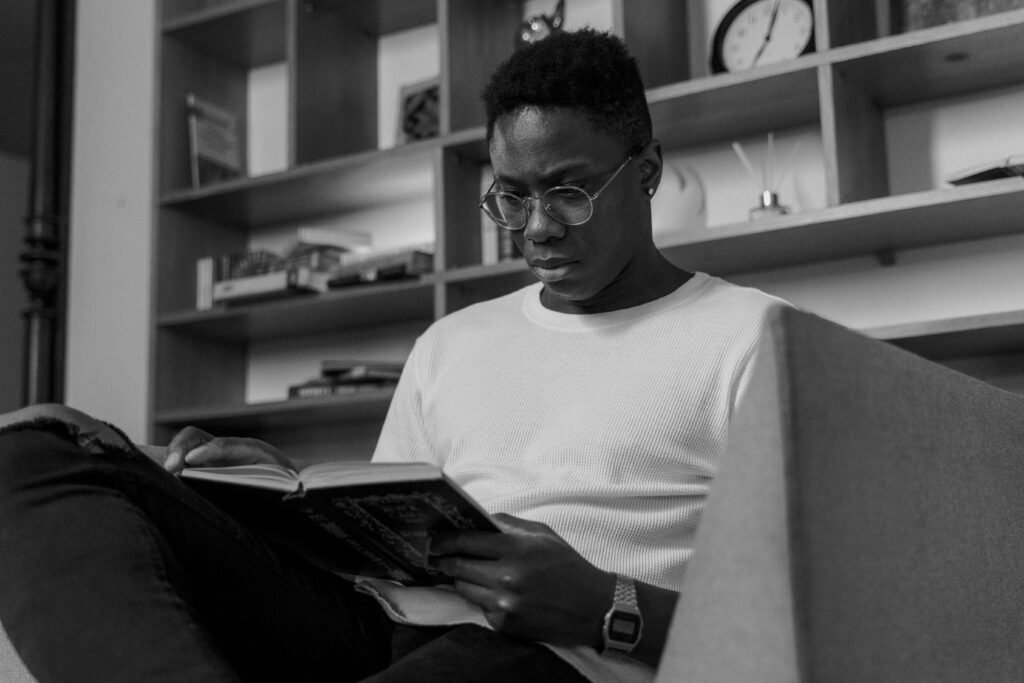
“I have an announcement,” said Robert Maddox to his children and their spouses around the dinner table. “Vernon can read.”
Mayor Robert Maddox, a key figure in Atlanta’s white elite during the early twentieth century, was not used to being surprised—especially by Black men in his service. But that summer, Vernon Jordan, a young Black college student, took a job as Maddox’s chauffeur. One quiet afternoon, Maddox walked into his private library to find Jordan sitting with a book in hand.
“What are you doing here?” he asked.
“I’m reading,” Jordan replied.
“Reading?” Maddox echoed in disbelief. “I’ve never had a Black person working for me who could read.”
“I can read,” Jordan said. “I’m a college student.”
“You go to those colored colleges?”
“No, Sir. I go to DePauw University, in Indiana.”
“White children go to that school?”
“Yes, Sir.”
“White girls go to that school?”
“Yes, Sir.”
“Are you studying to be a preacher?”
“No, Sir. I’m studying to be a lawyer.”
And then, with full conviction, Maddox said, “Black people are not supposed to be lawyers.”
This is what happens when you are born into a system that hands you power, comfort, and privilege for free—and conditions you to believe it’s deserved. You walk through life thinking it’s natural to be above, to have more, to expect more, simply because you are white. The labor of others becomes invisible. The pain of others becomes irrelevant. And questioning the system that props you up? Unthinkable.
The books, the movies, the laws, the advertisements—all reinforce your position. The illusion of superiority is not only fed but celebrated. And so, the very thought that a Black man could read, think, learn, dream, and rise becomes a threat. A glitch in the matrix you were told was flawless.
Robert Maddox was not born with a book in his hand. He learned to read. But his refusal to believe Vernon could do the same was not about ability—it was about control. About hierarchy. About the comfort of staying blind.
When you label people, you trap them. But more dangerously, you trap yourself in delusion. And when reality finally knocks at your door, it’s unbearable.
So when Maddox shared his “announcement” at dinner — “Vernon can read” — and was met with silence, he muttered what he must’ve thought was comfort:
“I knew all this was coming… but I’m glad I won’t be here when it does.”
That is the true fear of the privileged: not the loss of safety, but the loss of superiority.
Salima
Just me thinking out loud over here
This blog post is inspired from the memoir of Vernon Jordan
